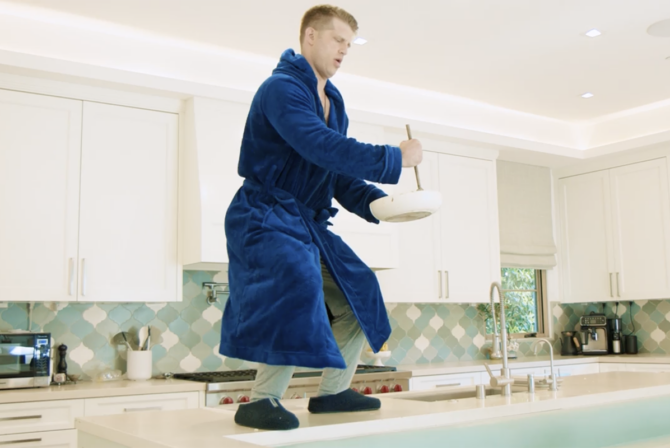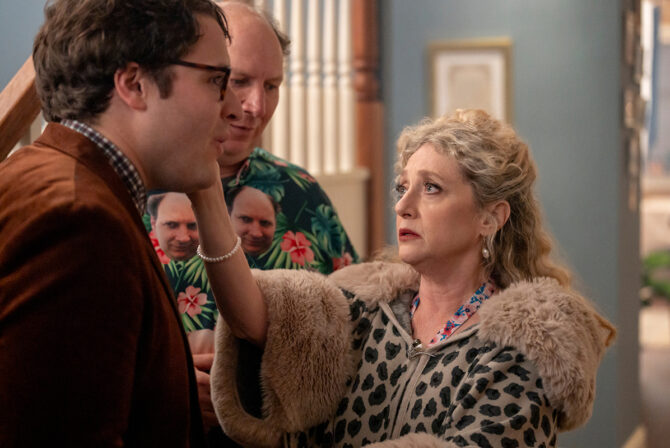I’ve sat silent as I read about teachers not using red pencils to mark up students’ work because the color is “too stressful.” I’ve soaked up articles about helicopter parenting, Tiger Moms and a “Bad Mother.” But this piece about schools dissuading children from having best friends or circles of close friends has me meshuga.
Disclaimer: I know the author. I have a picture of myself holding hands with him at maybe my third birthday party. Today we are loosely in touch via Facebook, which is how I came across this article, and I want to make clear it’s not necessarily him with whom I disagree. It’s the whole idea of sparing children emotional pain, which is the basis for the movement he writes about.
He writes about the “BFF Bans” movement happening predominantly in the United Kingdom but making its way stateside. The idea is that teachers–and I assume parents–are closely watching budding friendships to make sure they put enough distance between kids growing too close to ensure their relationship doesn’t become deep-rooted. The argument is that kids are fickle and friendships at young ages are fleeting, so rather than put tykes through the anguish of seeing their BFF pair off with another, the teachers are trying to create a big ol’ bunch of acquaintances.
Give me a break. Or maybe I mean a breakup. Emotional pain and loss are inescapable in life. People unite and splinter off faster than I typed this sentence. The quick-and-dirty nature of kids’ friendships is a microcosm of adult relationships and learning how to deal with human interaction is a necessary part of life.
I’ve gone out of my way to expose my daughter, Ellie, to social opportunities. We did two rounds of Itsy Bitsy Yoga, countless play gym classes, and a Mommy and Me course, and she’s been in preschool since she was 20 months old. I wanted her to be used to being around a lot of different people, and I wanted her to learn how to engage with them. Truth be told, I also wanted to be sure I had ample opportunity each week to get the eff out of the house.
But even that had a purpose beyond saving my sanity. I wanted to surround myself with other moms and kids and caregivers. We each have a different style, and learning from my new friends has been one of the best experiences of my life.
Right now my daughter’s best friend is a girl from preschool. But the end of the school year could mean the end of their friendship–at least for a while. The other child is going to a different summer camp and then different schools until, thanks to districting, the girls meet up again in middle school a decade from now. Sure, her mom and I will try to keep them in touch through playdates, but it won’t be the same as the frequency they have now. Should I prepare Ellie for this separation now by asking her teachers to distance her from her pal? Should I no longer let Ellie and her friend play outside of school hours? Absolutely not to both. Instead, I will let Ellie question where her friend went and why she can’t see her as often. I will let Ellie develop a coping mechanism to deal with her loss.
And all the while, I hope that Ellie will make a new close friend at camp and then another new one at school next year and so on and so on.
The emotional battles and coping mechanisms we go through in our lives are fundamental to our mental health. Losing a friend after a fight hurts but it also helps prepare you for more permanent losses, such as the death of a loved one or pet.
Breaking up–whether it’s with a friend or a boss or a hair stylist or a lover–is never easy to do. But it’s sure as heck necessary.







